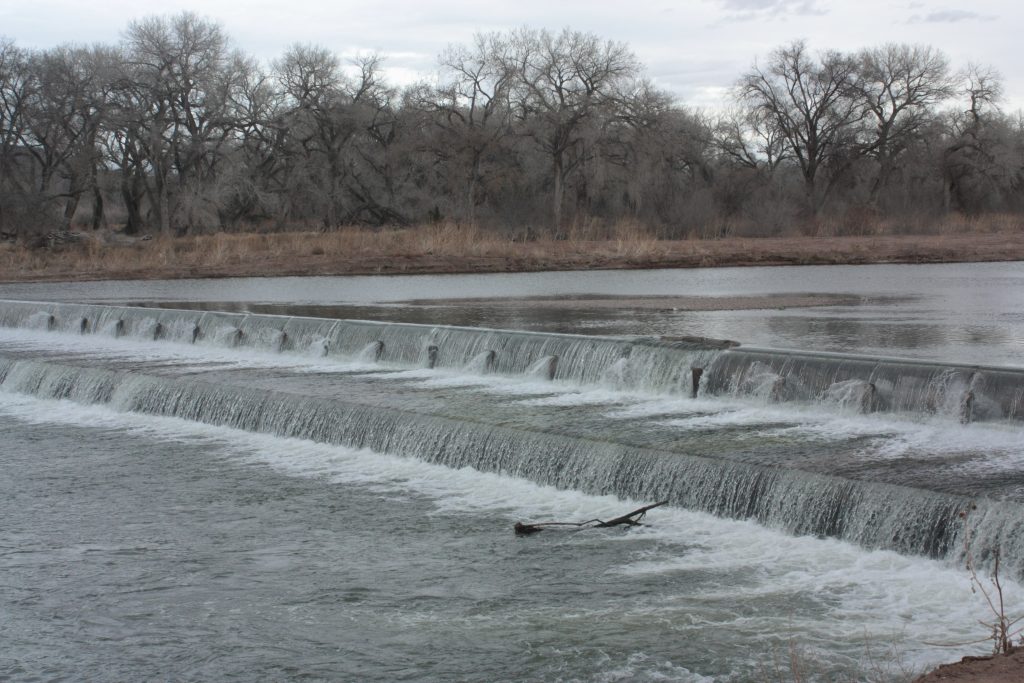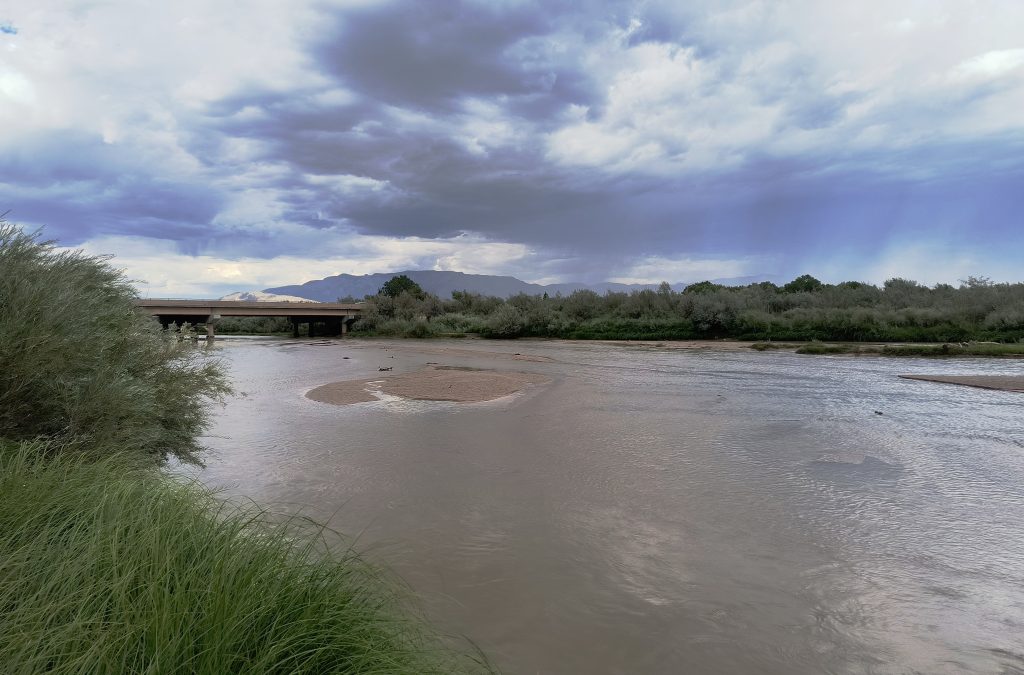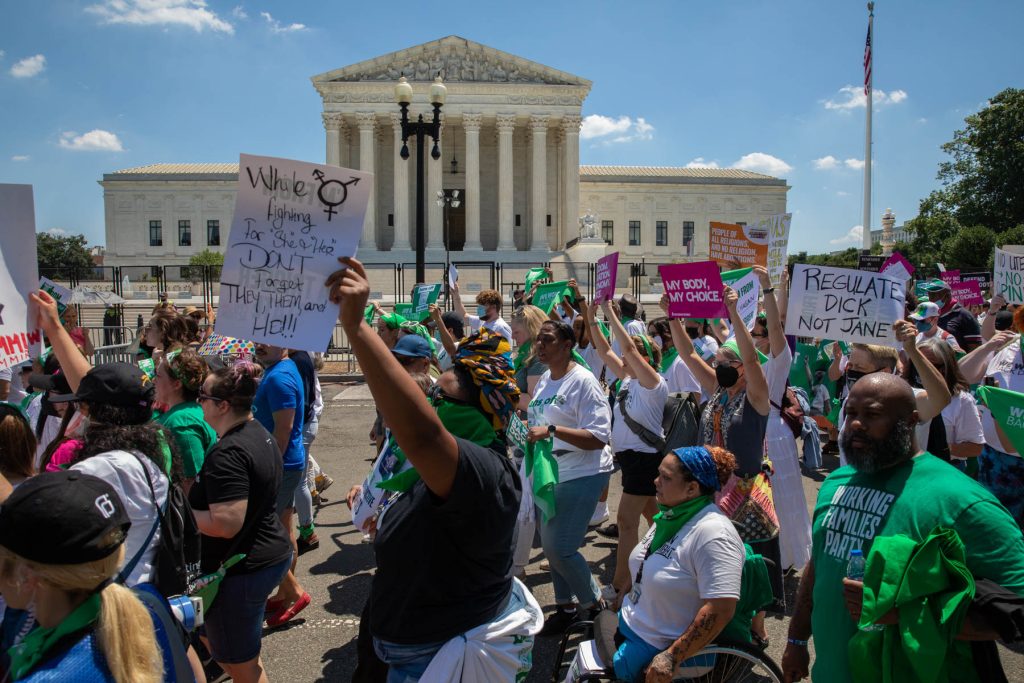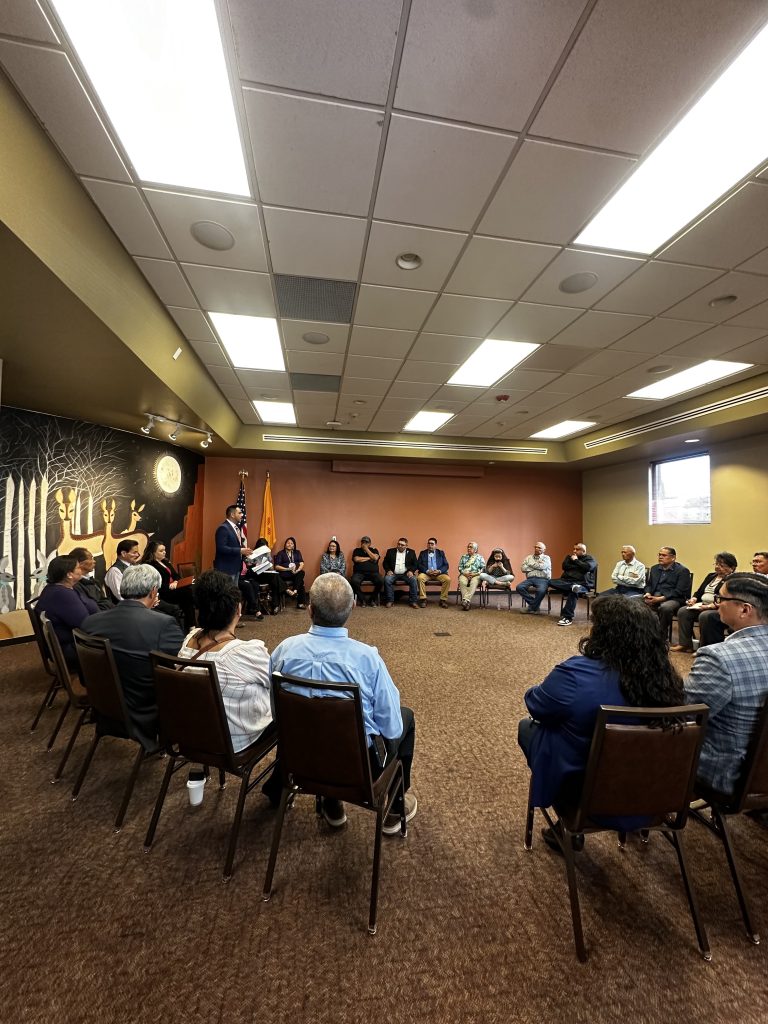This year’s special session wrapped up on Monday and the state now has a balanced budget. But as with many special sessions, legislators were tasked with considering other law changes, including those aimed at holding law enforcement officers more accountable.
Those bills included issues like mandatory body cameras for police officers, new processes for reporting police use of force and creating a civil rights commission. It was a mixed bag on what types of reform proposals passed and there were mixed feelings from civil rights advocates.
Body cameras
One of the bills that made it to Gov. Michelle Lujan Grisham’s desk is SB 8, sponsored by Sen. Joseph Cervantes, D-Las Cruces. The bill would require all police in the state, regardless of jurisdiction, to wear body cameras. The bill passed the Senate with a bipartisan vote, but the House passed it on a smaller margin, along party lines.
Steven Robert Allen, the public policy director with the American Civil Liberties Union of New Mexico said body cameras alone will not stop police involved shootings, but that at least with a camera the public can see what happened. Case in point, he said, is the late James Boyd. Boyd was a man who was experiencing homelessness and was shot and killed in 2014 by Albuquerque police officers after being confronted for illegal camping.
Boyd’s death was pivotal in the Department of Justice’s attempt at reforming the Albuquerque Police Department. But when APD released video footage of the incident they argued that the killing was justified.
“There was still very little accountability for those officers, but at least people know what’s going on,” Allen said. “And the public can see it, and policymakers can see it, and hopefully that alone will help drive change.”
Bernalillo County Sheriff Manny Gonzales has long argued that cameras for all of his officers are an unnecessary cost and that money would be better spent on other equipment. In fact, Gonzales, a Democrat, won his reelection against a Republican candidate who campaigned on forcing officers to wear cameras.
Albuquerque civil rights attorney Laura Schauer Ives said she thinks body cameras for police are essential, but “not a panacea.” As a lawyer who has represented numerous clients in suits against law enforcement, she said she’s seen firsthand how body cameras can save departments money, long term.
“It’s absolutely a good first step,” Schauer Ives said. “I would say 95 percent of the time when there’s cameras available, we review it and we don’t accept the case, and so cameras actually protect officers from lawsuits more than they subject officers to lawsuits.”
Civil rights commission
As Schauer Ives previously told NM Political Report it can be very difficult to sue police officers or their departments for injuries or death that result from officer use of force in state court. But in federal court, which is where many of those cases end up, public employees are often granted qualified immunity—meaning they can’t be sued for their actions.
Qualified immunity is a federal legal doctrine that requires plaintiffs to prove an officer or other public employee or official knowingly violated a person’s constitutional rights. The ACLU of New Mexico unsuccessfully proposed a bill to the Legislature and the governor that would have created a civil rights act that would allow plaintiffs to sue law enforcement officers and their employer in state court, while also addressing the issue of qualified immunity. A bill from Speaker of the House Brian Egolf, D-Santa Fe, and Rep. Karen Bash, D-Albuquerque, would not establish any act or law of any kind but would establish a civil rights commission.
In a meeting with the press on Tuesday, Egolf said his bill only established the commission because Lujan Grisham didn’t include a civil rights act on the special session proclamation.
“I would have been happy to go forward, but the governor and I had a conversation,” Egolf said. “She thought it would be better to spend the next six months looking intensely at this issue, and come back in January, with the New Mexico Civil Rights Act that has full buy-in from all of the affected parties and stakeholders.”
Allen said the ACLU of New Mexico would have preferred an actual law to be drafted during the special session, but that a commission is a step in the right direction.
“We would have liked to see the sort of big reform that was presented by the New Mexico Civil Rights Act be introduced in the session and pass,” Allen said. “We’re glad that the Commission is there to look at this issue. Obviously, its effectiveness will depend largely on who’s on it.”
Schauer Ives said the state is long overdue for a law that allows citizens to hold police officers accountable for death or serious injury.
“It’s absolutely disgraceful that New Mexicans do not have a private right of action under their constitution,” Schauer Ives said. “And it’s disgraceful that we’re putting off the question of if and when they do, whether or not those rights will be subject to qualified immunity.”
She said she also hopes lawmakers and future commission members take the issue seriously and expeditiously.
“Hopefully, this is not just a political flash in the pan and that people realize that this, the outrage and the abuses, are going to continue until we address this truly in every form,” she said.
Reporting use of force
There were two bills during the special session that addressed how local prosecutors deal with criminal cases against officers who used excessive force, resulting in death or bodily harm. Neither bill made it out of the gate because Lujan Grisham did not add the issue to the special session proclamation. Egolf said he did not discuss the matter with the governor, but said that he would have supported at least a conversation about police use of force.
“I didn’t have any specific conversation with her on that topic,” Egolf said. “I do think it would have been a good conversation to have during this special. But the regular session, it’ll be a blink of an eye and we’ll be back in session and we’ll be able to get to that.”
Egolf said the body camera bill was a good place to start with police reform because it generally has wide public support and that reporting requirements should be included in another, larger bill.
“I think probably a comprehensive approach is better than piecemeal,” Egolf said. “And by waiting until January, we’ll be able to have a whole police and policing reform package that will include reporting the use of force.”





















